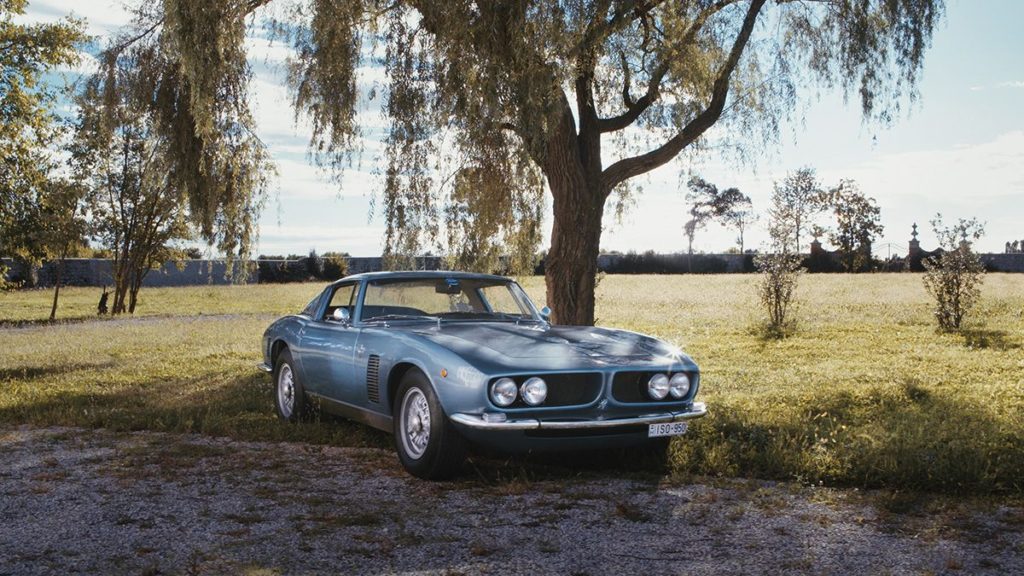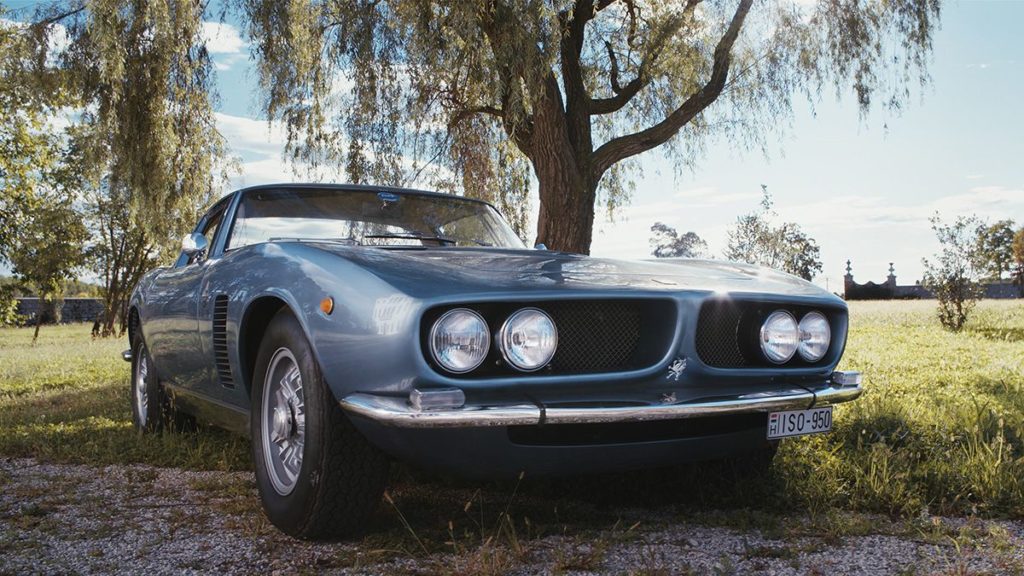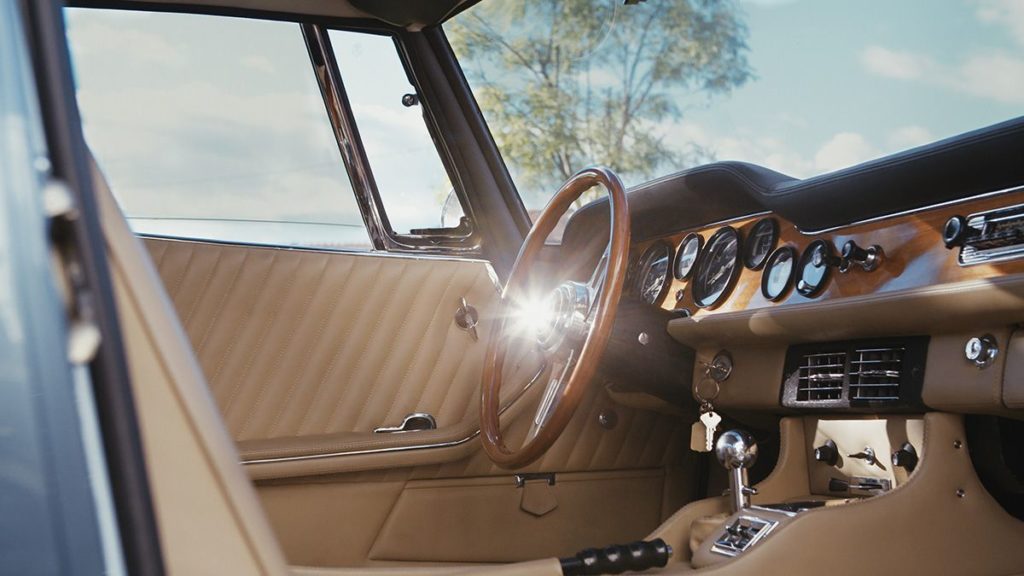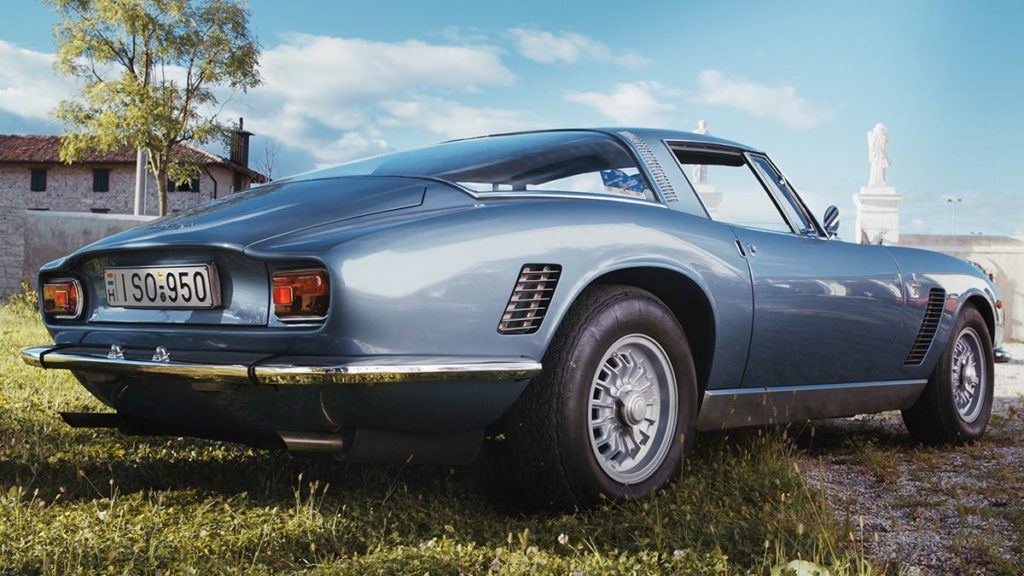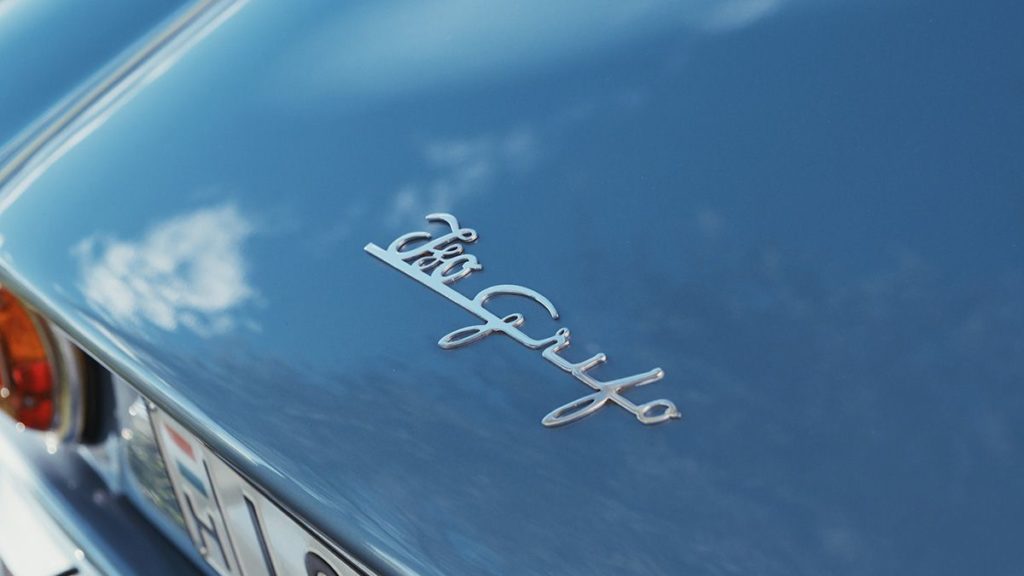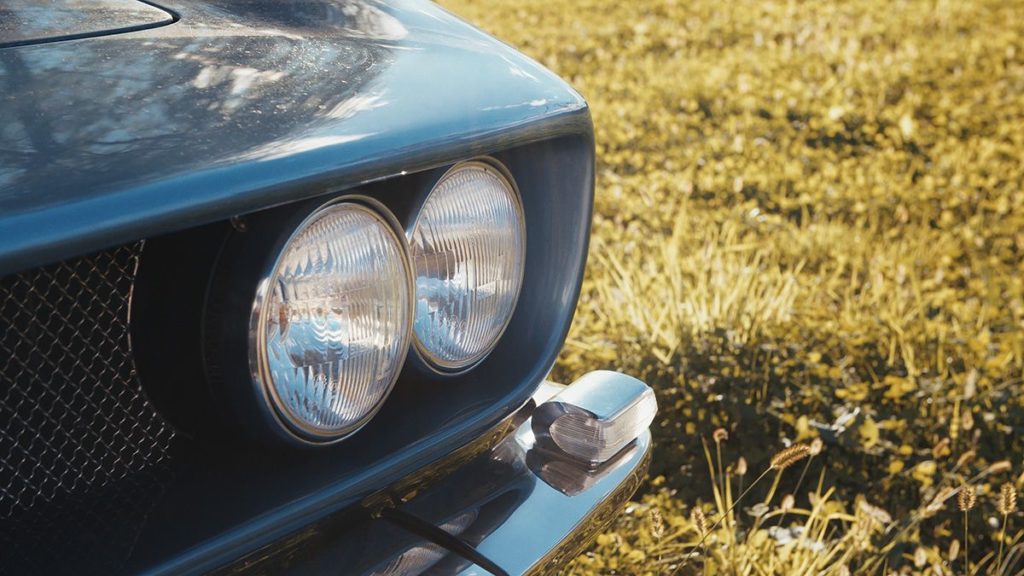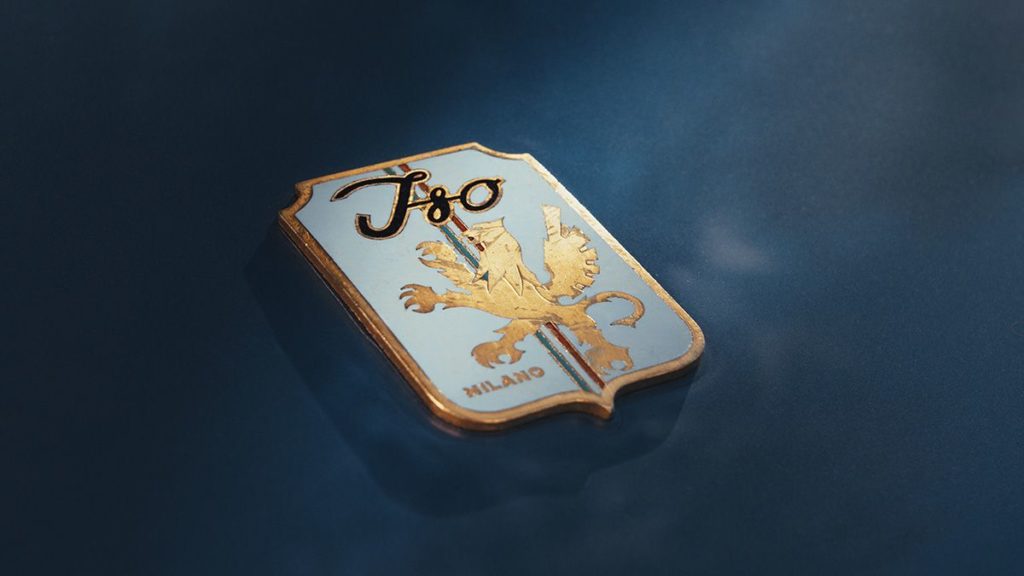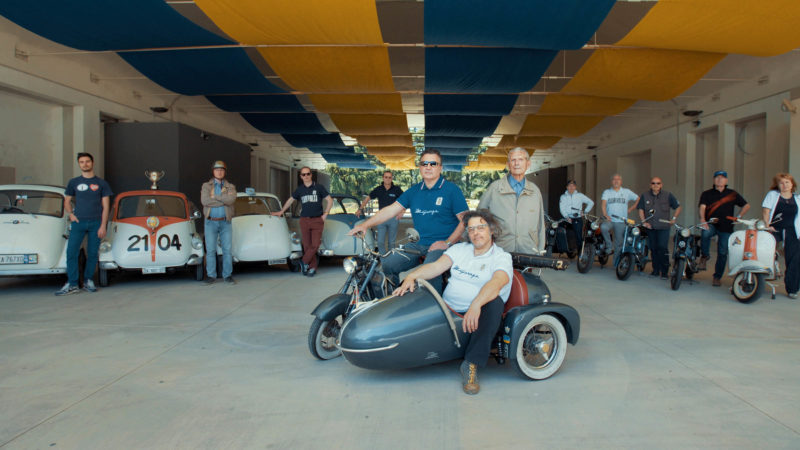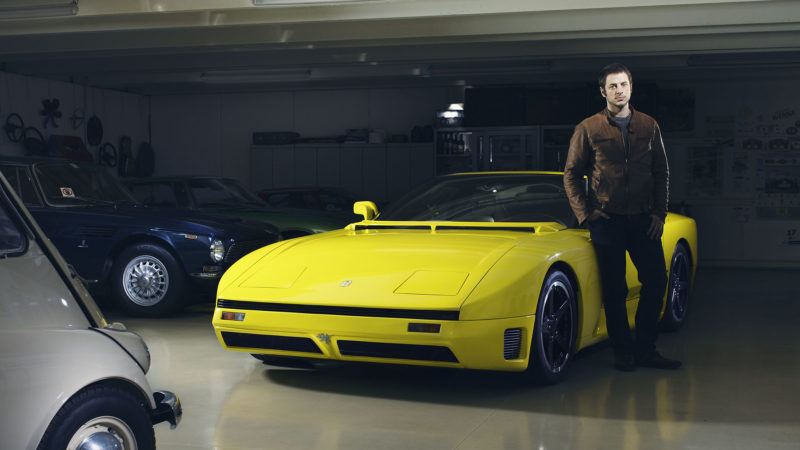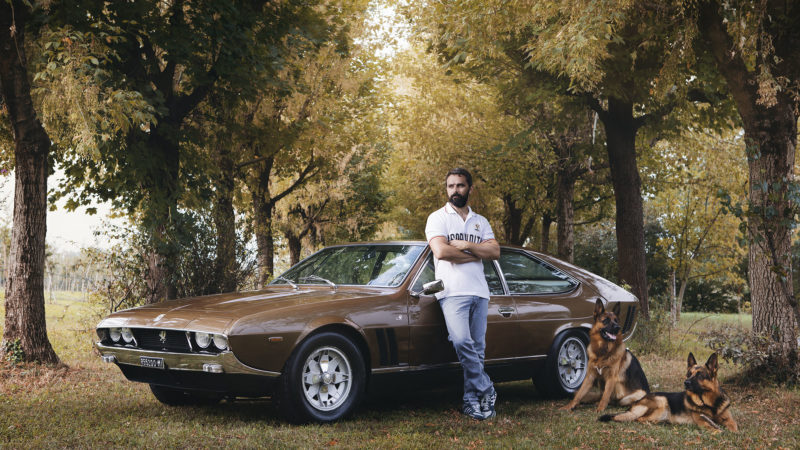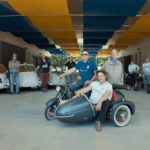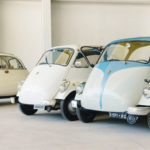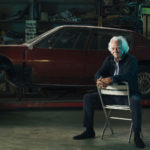The Iso Grifo is probably the most famous car built by Iso Rivolta. First created with the name “A3/L”, it was based on an evolution of the GT chassis. The chassis was modified for racing, by making it shorter and stiffer.
The Grifo, which was developed mainly for homologation purposes, shares many technical solutions with its sister car, the A3/C, which was specifically made for racing according to the competitive vision of chief engineer Giotto Bizzarrini.
The original Grifo packed a 350 small block, modified by the Italian company with custom intake. It had a four-barrel carburetor and a “bundle of snake” exhaust, later changed to a more usual set. Some internal components were also strengthened to allow the engine to be used at a higher RPM for longer periods. The Grifo had independent front suspensions and a De-Dion tube, with four disc brakes, the rear ones being mounted on board to reduce unsprang weight.
The Grifo evolved into the “7 Litri”, the most powerful car produced by Iso and probably the fastest production car of that era. The idea was developed to please a special customer.
The prototype was fitted with a L71 big block, with solid lifters and a 11.0:1 compression ratio, producing 435 HP, revving all the way up to 6500 rpm.
The Grifo was modified to accommodate that bigger and hotter engine. It featured a bigger expansion tank, bigger clutch and the famous “pagoda” air scoop.
Production models were given a tamer L36, producing only 390HP at lower RPM. The engineers tried to compensate with a longer 2.45 final drive, but it proved to kill acceleration and made the car difficult to drive – first gear was good for 90 mph. After some tuning, they set for a 2.88 final drive. This made the car quicker, but with a top speed lower than the small block version of the Grifo.
The “7 Litri” turned out to be one of the best-selling cars of Iso Rivolta, amounting to 50% of the Grifo production.
Watch the other episodes
-
Competing with Vespa – E02
The Age of Isomoto and Isoscooter
7 years agoIn the 1950s Iso Rivolta, with its Isomoto and Isoscooter, became the third Italian motorcycles manufacturer, following Piaggio with its Vespa and Innocenti with Lambretta.
Other models were the Iso GT, the Iso Sport and the Iso 200, defined as one of the most beautiful bikes of that time. But Iso Rivolta would soon focus on luxury sports cars. In ’62, the production of motorbike ended.
The second episode of “The Iso Rivolta Chronicles” tells the story of the origin and ending of the Iso motorcycles, through the narration of the Iso Millennium committee members.
-
Iso Grifo 90 – E08
Back to the future
7 years agoIn the late 80s, Piero Rivolta thought the time was right to introduce the brand back into the market with a new GT. Designed by Gandini and engineered by Dallara, the prototype was presented to the press in 1991 and it was meant to be produced in a limited series starting from 1994.
Unfortunately, the enterprise stopped and the car hasn’t seen the light until 2010, when Mako Shark decided to produce it. -
Lele – E07
The last GT before the oil crisis
7 years agoThe Lele is the last GT produced by Iso Rivolta. With a brand new style, looking at the 70s, and a new powerful Cleveland engine, the car was to substitute the classic GT300. However, the oil crisis and the political turbulence forced the brand to close in 1974, with only 285 Lele produced.
